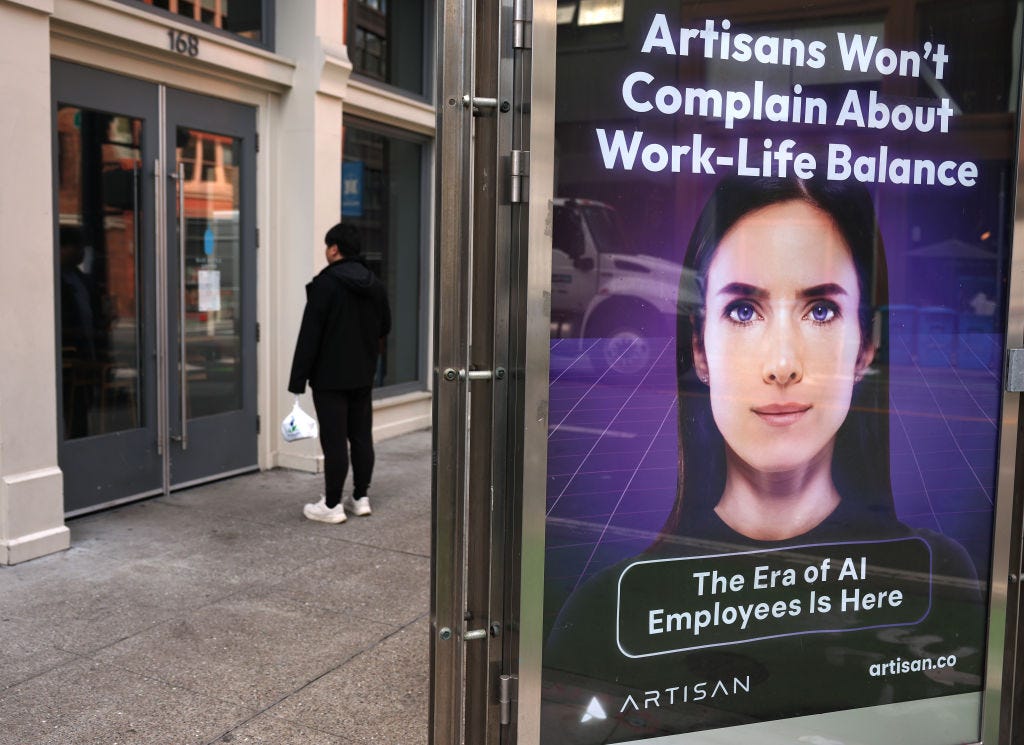Economic populism, demanding more from tech, countering retail's bad vibes: Weekend reads for December 7, 2024
What we're reading this week
Happy Saturday, all! We hope everyone’s gotten through this week and its many twists and turns, personal and national, and that you’re all putting one foot in front of the other and staying in the game, as we discussed last week.
It’s time to settle in with some reading, so as we do each weekend for our supporting subscribers, we’ve collected the most interesting articles we’ve come across in our reading and research as we’ve prepared our posts. In this week’s readings, we look at some accounts and analyses of the current situation that focus on the underlying currents within the economy that drive our politics, for better or worse. We look at the impact of the Democratic Party’s failure to embrace economic populism, at how democracy suffers when business leaders take firms private, at the complex dance of negotiation between fossil fuel interests and climate regulators, at how to demand more from the tech industry, and even at what it costs to buy the history of a state.
But first, in keeping with the fact that we all recognize that it’s time for change — for activists, for the Democratic Party, and for the media — we’d love it if you’d revisit our conversation with journalist, screenwriter, and progressive media entrepreneur David Sirota, who shared his thoughts on what went wrong in the election, what’s at stake in the competition for DNC chair, and what building a real media alternative that can speak truth to power might look like in the Trump years.
I think it's a moment of real opportunity. But as one of my favorite actor-directors says in his famous speech, the cavalry is not coming. As I've gotten older, I've become more of an adherent to the idea that in a lot of spaces, the bootstrap thing, is reality. There's more solidarity on the right in those political networks, far more solidarity than there is in anything on the left or center-left. There's no solidarity. So in my work, we're just going to have to build it ourselves.
We hope The Ink will be essential to the thinking and reimagining and reckoning and doing that all lie ahead. We want to thank you for being a part of what we are and what we do, and we promise you that this community is going to find every way possible to be there for you in the times that lie ahead and be there for this country and for what it can be still.
Readings
What did voters really want?
For a brief moment in American history, basic income was guaranteed for most Americans, they got to choose when and where they worked, and they were protected from losing their healthcare and other necessities if they lost their jobs. And then it was gone. But the illusion had been broken, and a sort of existential dread haunted them.
And when did it end? Under Biden. Not with a bang, but with a whimper. While it was the Republicans who worked hard to end the benefits, there was no loud fight, there was no call for these benefits to become a fixture of Americans’ lives. Biden returned to being a centrist who appealed to Republicans, and we were back to business as usual.
But people didn’t forget. The genie could no longer be put back in the bottle. [Elad Nehorai’s Newsletter]




